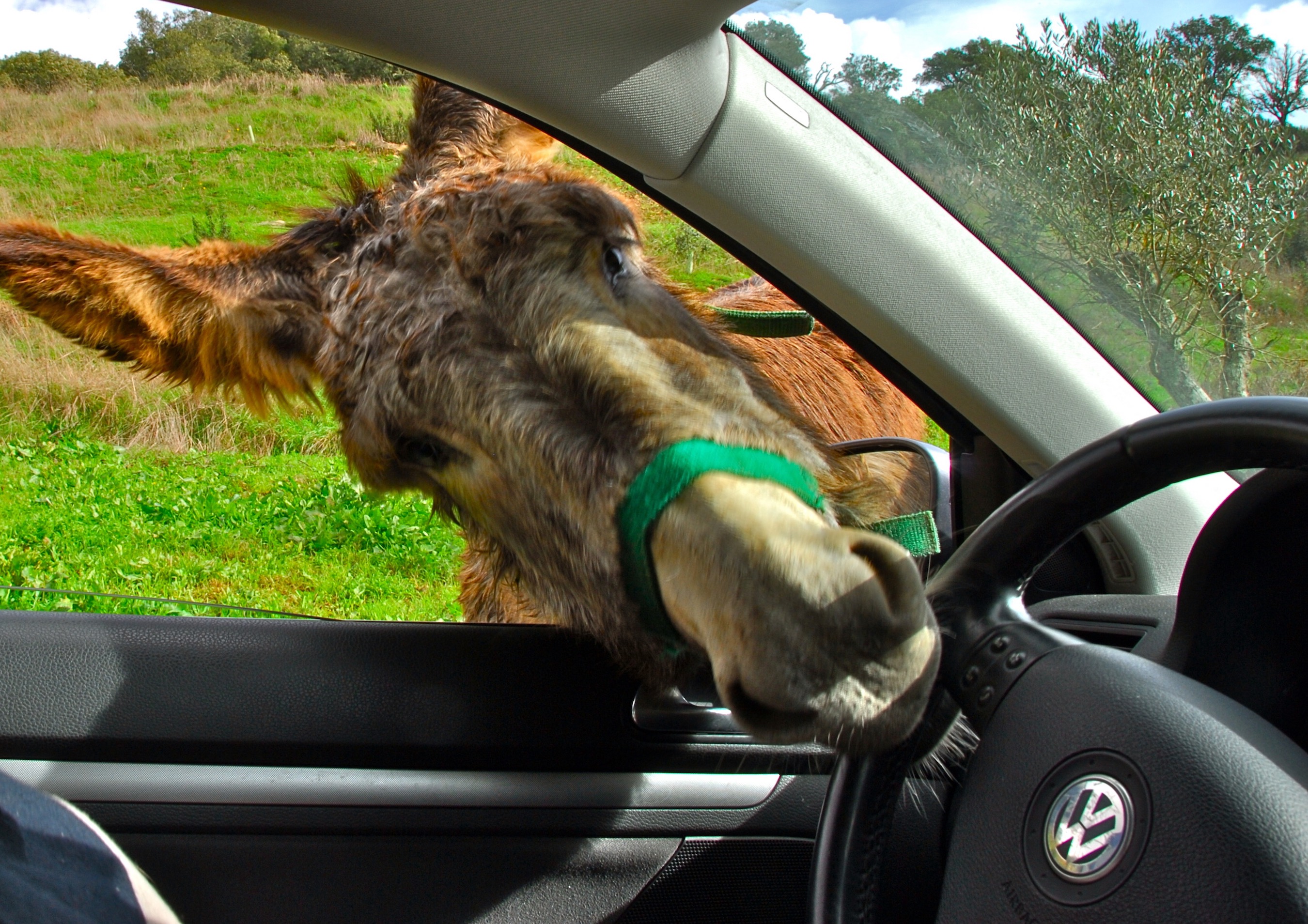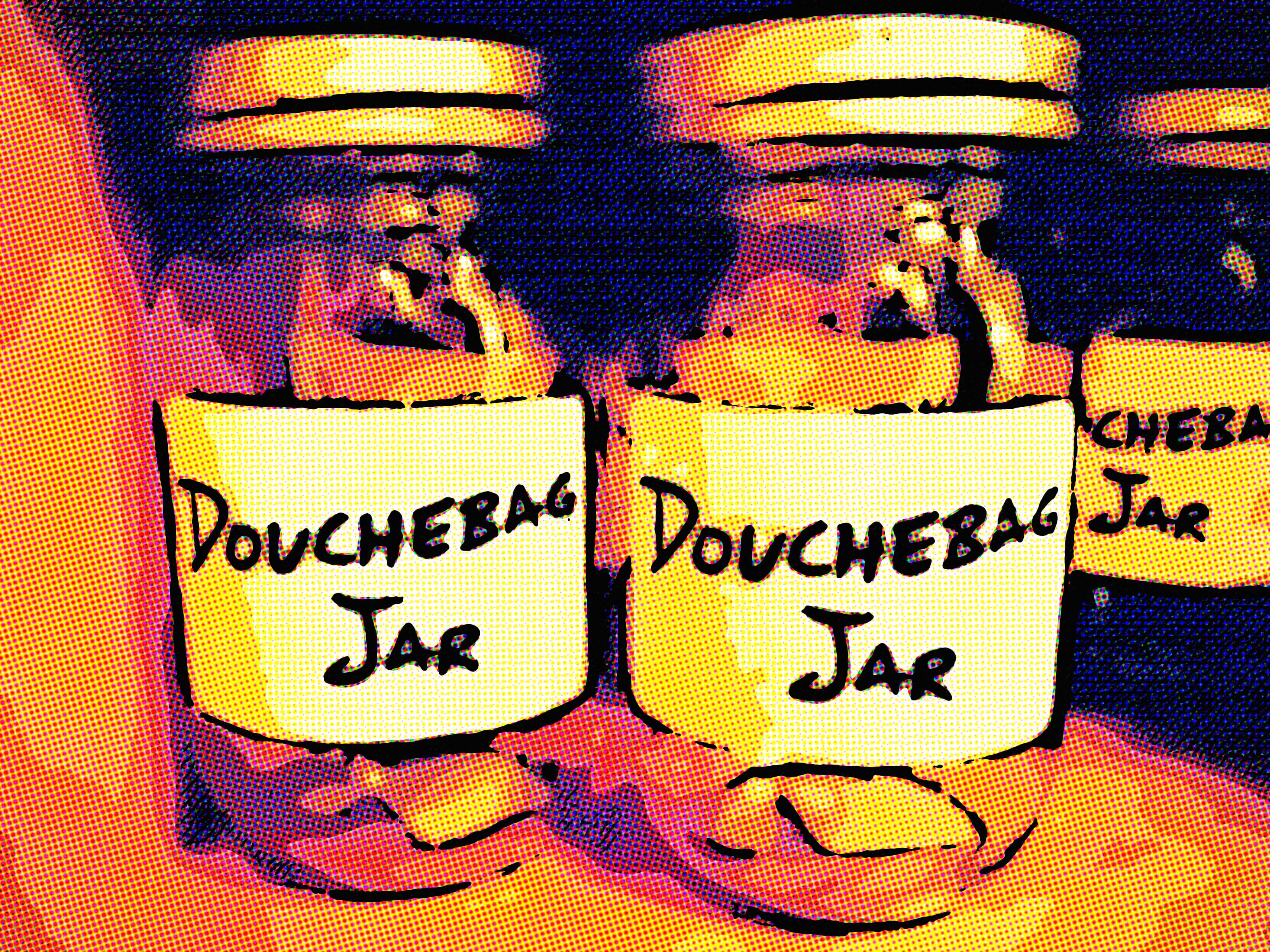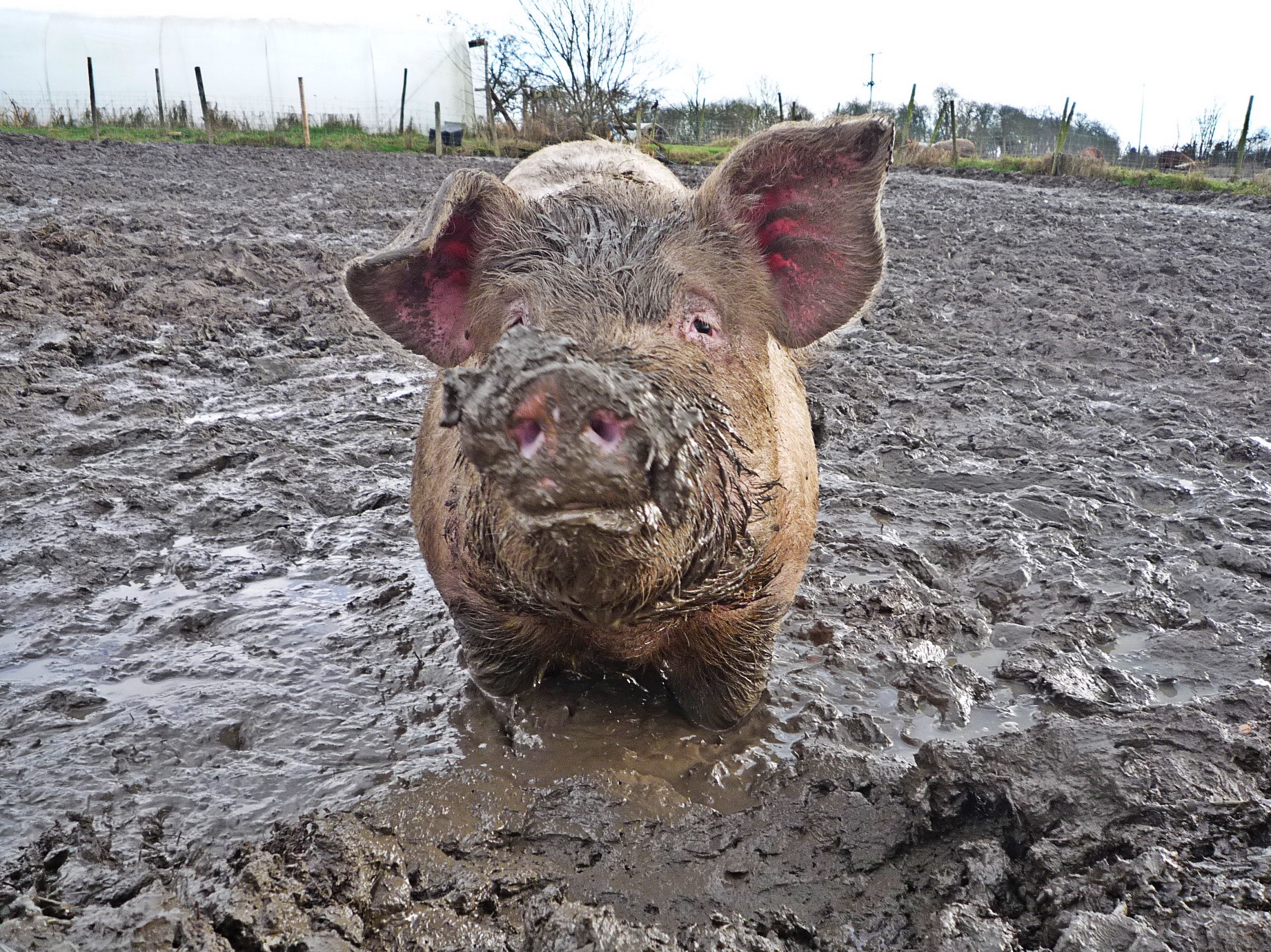Good for Uber for being transparent about investigating journalists. Bad for Uber for buckling to public relations pressure and renouncing an executive’s statements about the practice. Every company tracks journalists, or bloggers, covering it—to which I can attest from experience. PR pros and I have, in the past, discussed dossiers about me, because some put our relationship first. They feel dirty for keeping records and need to confess.
The ride-sharing startup would do nothing unusual by collecting the data, and there is good reason to want to use it. My profession is in a state of crisis. Sloppy sourcing practices spread rumors across the vast Internet landscape like environmental protestors throwing feces on corporate executives. Shit is shit, whether or not literal, and it all stinks. If the Fourth and Fifth Estates can’t be accountable for themselves—and they most certainly are not—victims of irresponsible reporting should protect their interests.










